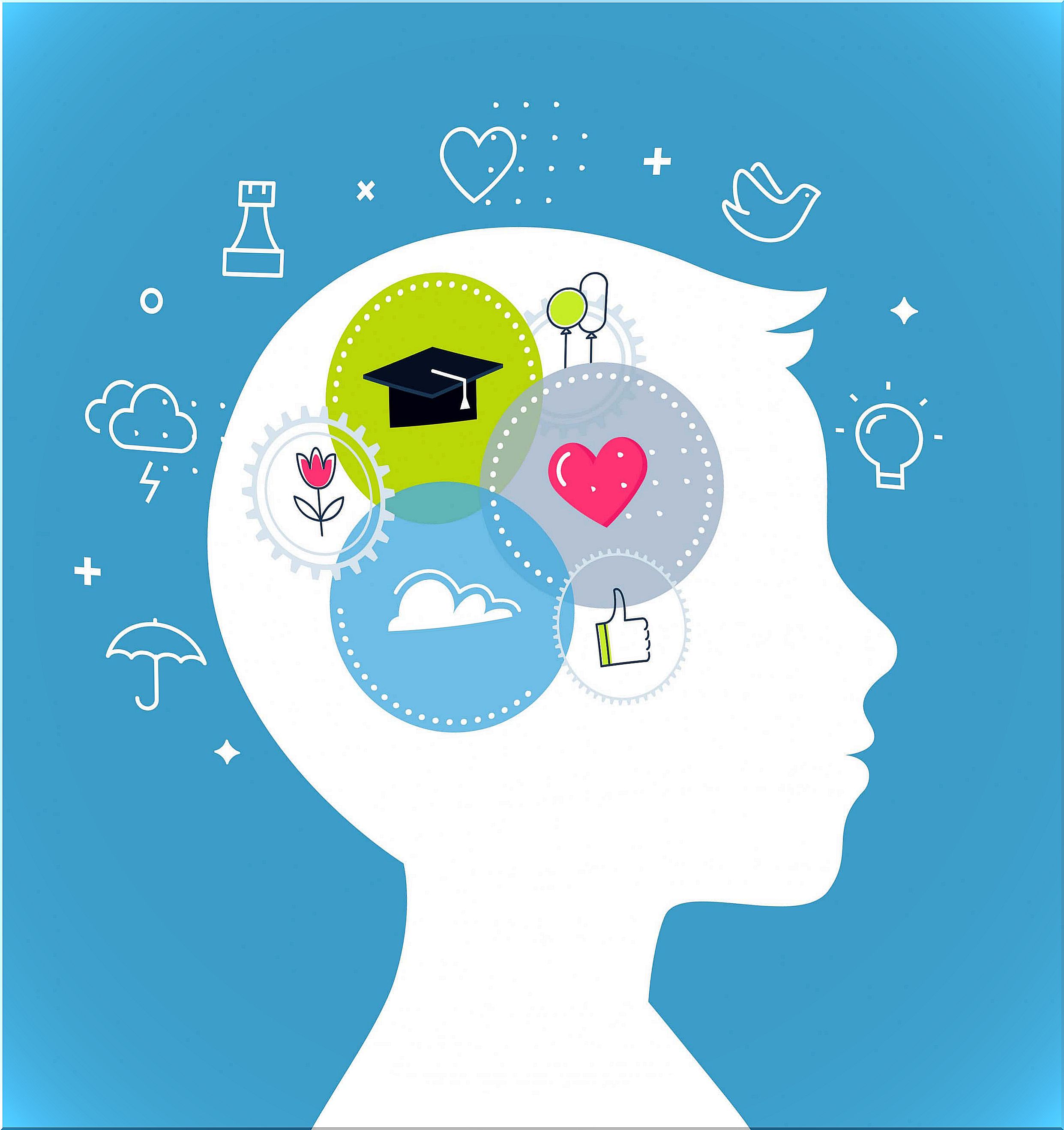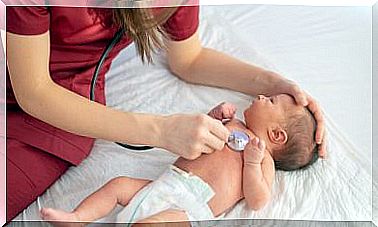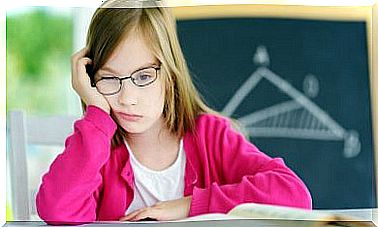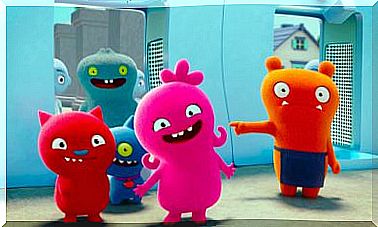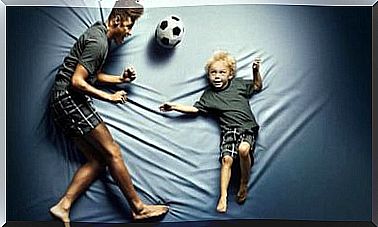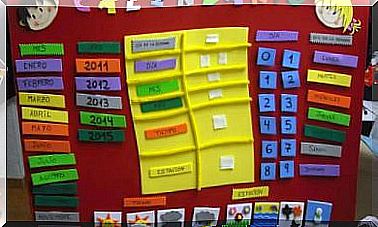7 Fun Social-emotional Activities For Young Children
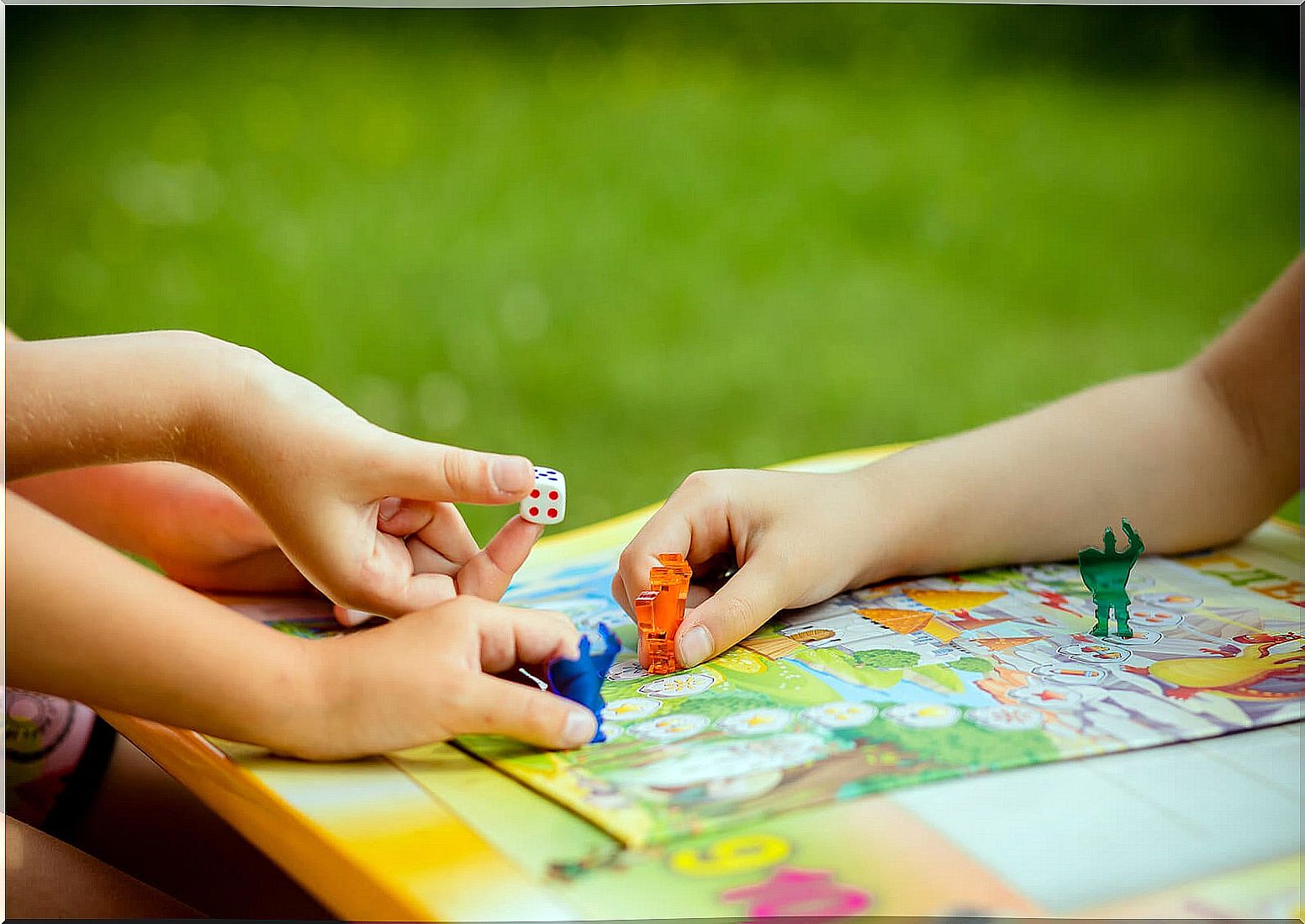
If you want to develop your children’s social skills or improve their ability to understand and manage their feelings, you can do this through fun social-emotional activities for young children. They will have a great time and you will be teaching them great things that will serve them for a lifetime!
Socio-emotional development is the process of learning the skills we need to establish and maintain relationships. They help us feel good about ourselves and others ; it is the best way to function properly in society.
Skills include communication, cooperation, recognition and management of emotions, as well as behavior control. In this sense, l as social and emotional skills of a child are an important aspect in their overall development.
Social-emotional activities for young children
Do not miss the activities that we are going to explain below for you to do with your children. They are fun and can be done with young children to develop these skills. Do not lose detail of what we are going to explain next!
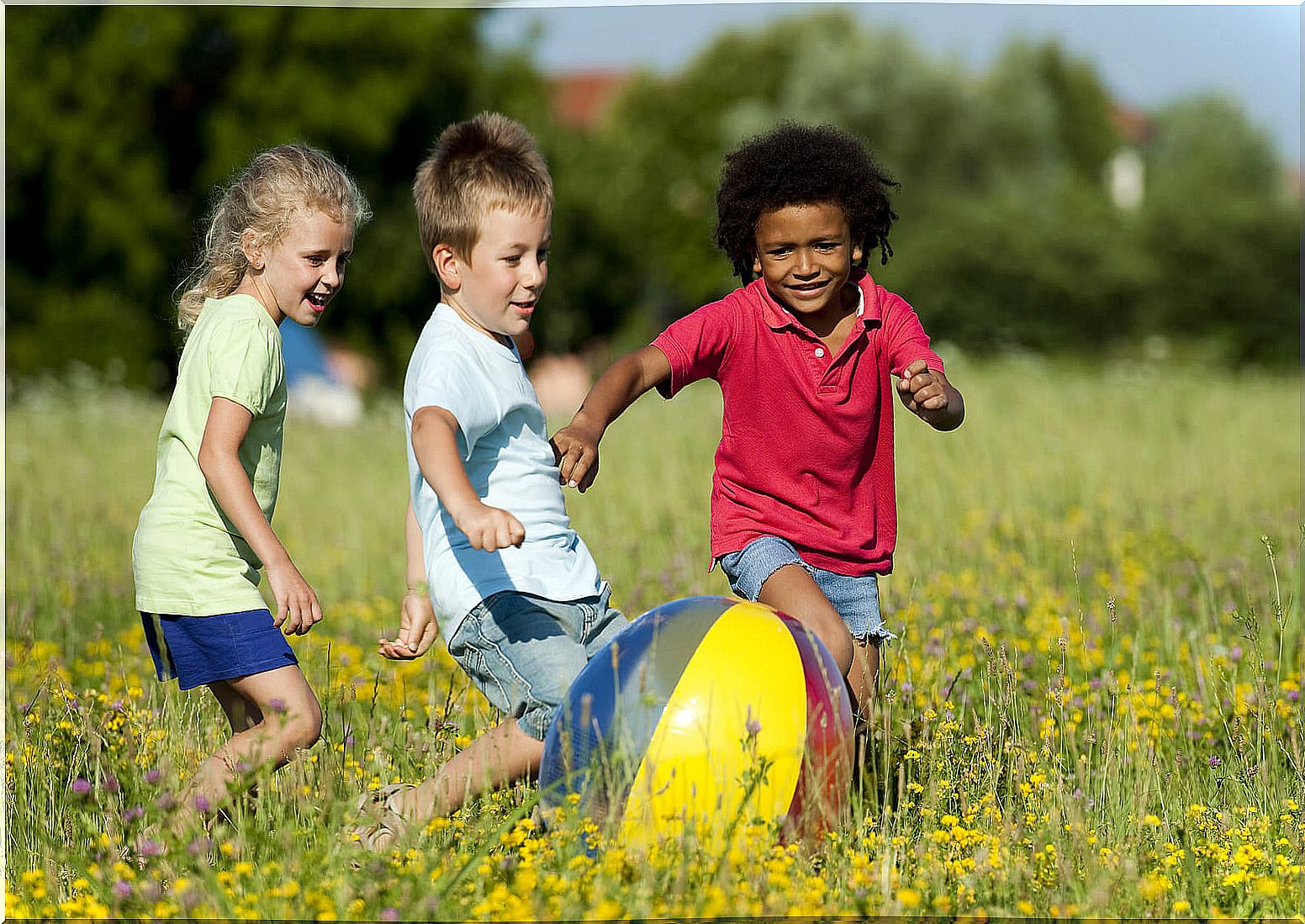
1. Ball games
Ball games are an easy way for young children to make connections. Playing ball cooperatively is a great way to start the game and work your turn waiting.
For older children, you can play with larger groups and say the names of the other participants to roll the ball so that the little ones can start the verbal game.
2. Stories
Reading has multiple benefits, including social and emotional ones. Reading a story with emotional content and discussing it with children gives them the opportunity to develop empathy. They also serve as a tool for you to use in your own emotional experiences. In this way, you can ask your children questions like: “Why was the character angry?” , or “Is there something that makes you angry?”
3. Role play, one of the best social-emotional activities
Role play is a great activity for little ones to experiment with social behavior, rules, and expectations. Children often enjoy acting out what they know, such as cooking and dining together, but they also experiment with other social settings, such as cop-robber games.
Role play is a safe space for children to develop social skills, although they may need guidance through the narrative at first. After a while, the little ones will begin to develop imaginative scenarios that will allow them to work on their social-emotional skills through play.
4. Play games
An important part of social-emotional development is the ability to recognize, understand, and respond to appropriate limits and expectations for behavior. Helping your children listen carefully to directions and change behavior in response to this will improve their social-emotional skills, as well as their ability to listen, attention, and concentration.
Games like “Simon Says” allow children to practice listening carefully, following directions, and changing their behavior according to expectations. Also, they will have a great time.
5. Puppets, another of the socio-emotional activities
Similar to stories and role plays, using puppets to represent social situations and emotions is a good way to develop children’s recognition and understanding of emotions, as well as to explore ways to handle scenarios. and social feelings.
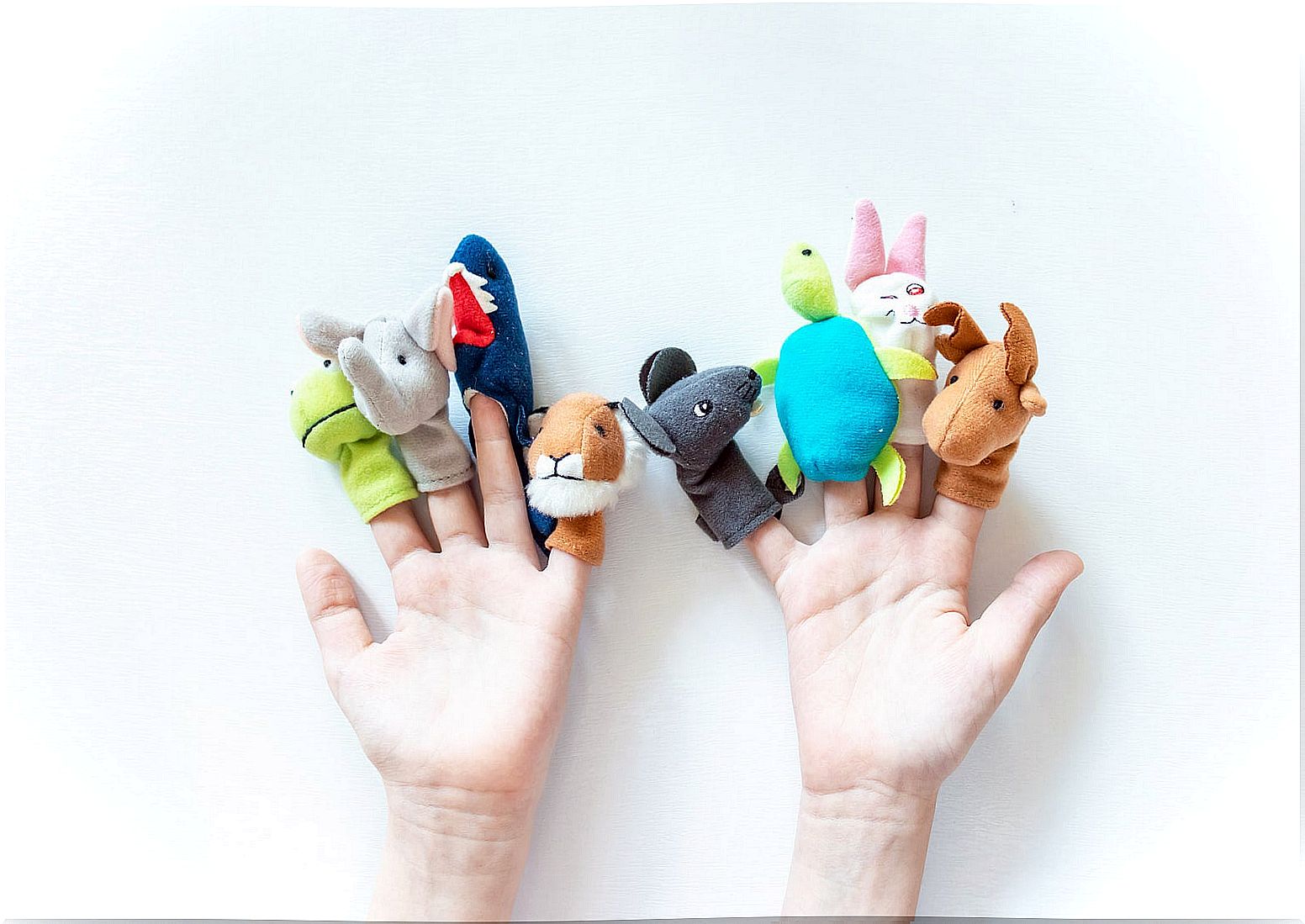
6. Board games
Board games are an ideal way for children to learn to take turns, as well as to win and lose, and the emotions that are involved in both.
With so many educational games on the market for preschoolers, little ones can work multiple skills through them. So encourage your kids to follow the rules, take turns, and play in a friendly way, even when they’re frustrated.
7. Sports
Promoting an active lifestyle through physical activity is valuable in itself, but sports also offer fantastic opportunities for social-emotional development.
Those that are played as a team, such as soccer or basketball, are especially encouraging of social development. By playing as a team, children begin to understand that their actions have an effect on others and that humans depend on each other.
Likewise, team sports are also competitive by nature. As a group, there is often a level of conflict, either a difference of opinion about tactics or as a result of losing a game. By learning to deal with these situations, children develop resilience and learn to manage their emotions and behavior.
Team sports also value fair play and good sportsmanship, which are expressions of social-emotional development. Focusing on playing correctly teaches children to respect the rights of others and the authorities, such as the coach or referee.
Ultimately, using these fun social-emotional activities for preschoolers at home will help develop their skills. However, remember that if you are concerned about your child’s social-emotional development, it is recommended that you speak with a therapist.
